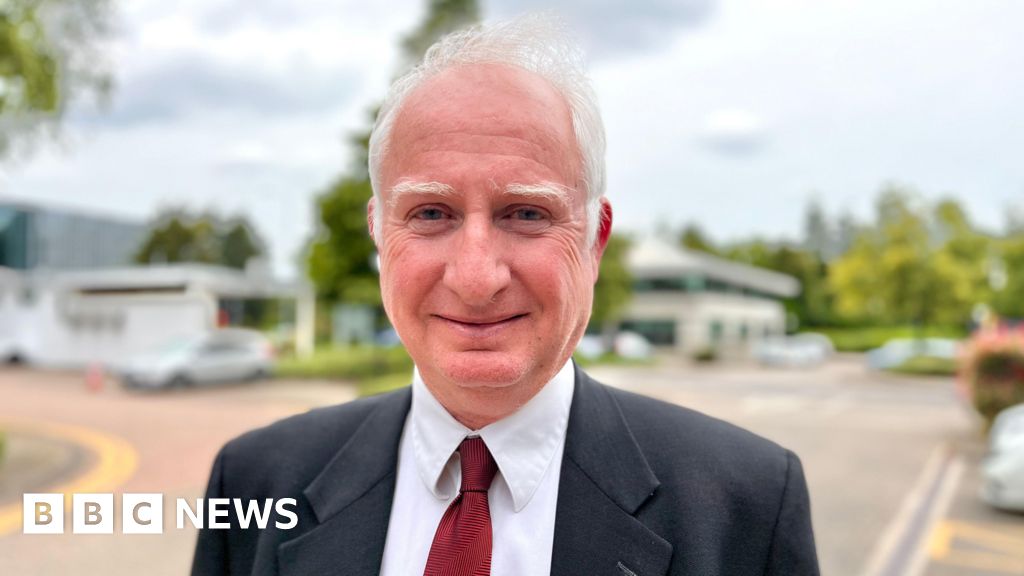ARTICLE AD BOX
Inside the indyref2 Supreme Court case
The UK's highest court is to hear arguments on whether Holyrood can set up a Scottish independence referendum without the agreement of Westminster.
First Minister Nicola Sturgeon wants to hold such a vote on 19 October 2023, but the UK government opposes this.
Two days have been set aside for the hearing, with the outcome being issued within weeks or months.
The Scottish and UK governments will make their cases before a panel of five judges at the Supreme Court in London.
UK law officers argue the constitution is reserved to Westminster and it is therefore a matter beyond the powers of the Scottish Parliament.
The Scottish government case argues the referendum is "advisory" and would have no legal effect on the Union.
A written submission from the SNP will also be considered. This document stresses the right to self determination, stating that it must inform the interpretation of the Scotland Act 1998.
Ms Sturgeon used her speech at the SNP party conference on Monday to reiterate her commitment to making Scotland an independent country, saying it was "essential to escape Westminster control and mismanagement" and return to the EU.
She has repeatedly said her preference would be to proceed with the agreement of the UK government, as happened ahead of the referendum in 2014 when a "section 30 order" was granted giving Holyrood the power to hold such a vote.
Prime Minister Liz Truss and her recent Conservative predecessors, however, have refused to grant such permission, arguing that now is not time for another independence vote.
In an attempt to break this deadlock, Lord Advocate Dorothy Bain - the Scottish government's top law officer - has asked the Supreme Court to rule on whether MSPs could set up a referendum themselves.
Ms Sturgeon has said she would respect the judgement of the court but if the ruling goes against the Scottish government, she would then fight the next general election solely on the issue, making it a de facto independence vote.
Legislative competence
The UK government will be represented by the Advocate General for Scotland, Lord Keith Stewart KC, who will argue that an independence referendum plainly relates to reserved matters.
In August, he asked the Supreme Court to "decline to determine the reference", saying it was beyond the court's jurisdiction.
However, he also argued that even if the court did decide it had jurisdiction over the matter, Holyrood would be unable to hold a lawful referendum.
The Scotland Act states that "the Union of the Kingdoms of Scotland and England" is a reserved matter.
A UK government spokesperson said: "People across Scotland want both their governments to be working together, focusing on the issues that matter to them, not talking about another independence referendum.
"On the question of legislative competence, the UK government's clear view remains that a bill legislating for a referendum on independence would be outside the legislative competence of the Scottish Parliament."
The five judges listed are Lord Reed, Lord Lloyd-Jones, Lord Sales, Lord Stephens and Lady Rose.

 2 years ago
24
2 years ago
24








 English (US)
English (US)